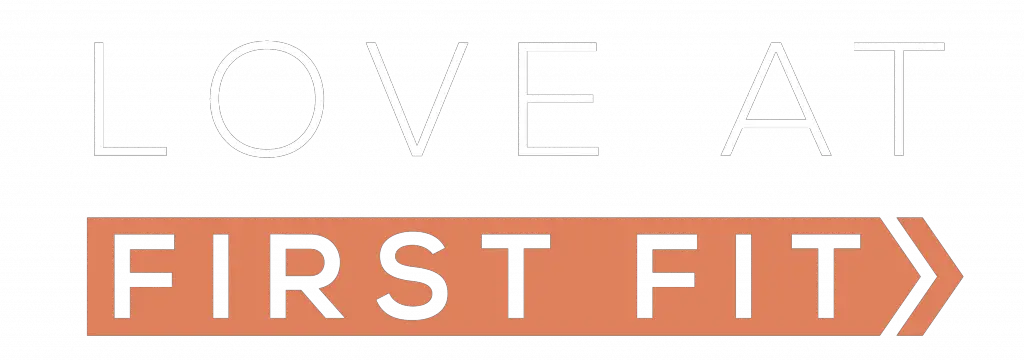There are many reasons a person in their early teens should start lifting weights, both for general health and athletics.
Lifting weights is a great form of exercise that assists in building lifelong positive habits and discipline, but should you lift weights in high school?
Weightlifting is recommended for high school teenagers who are physically capable and mature enough to start lifting weights. With proper coaching, weightlifting can be one of the greatest benefactors to a healthy and well-kept body.
This activity can positively affect a teenager’s performance in athletics, help protect against injuries, and increase muscle strength, just to name a few benefits.
Weightlifting Advantages for High School Teenagers
Weigh lifting in high school also adds a good amount of just general positives even to non-athletes. Weightlifting promotes better blood pressure which is beneficial to life longevity along with decreasing the risk for injury by strengthing areas suffering from underdevelopment.
High school athletes who start weightlifting will see a multitude of benefits in their performance and capabilities for their respective sports.
When picturing weightlifting as a high schooler, the go-to image for most people’s minds is a high school football or basketball team.
This logically makes sense that these heavy contact sports would benefit from weightlifting to increase the strength and power of their players for these very physical games, but weightlifting is a benefactor to noncontact sports as well.
Even simply running for the track can be improved by weightlifting.
Weightlifting Disadvantages for High School Teenagers
A common misconception is that weightlifting at a young age can cause an individual to stunt their growth but this is a circumstantial truth.
Like any sort of physical activity injury to the growth, plates could result in stunted growth, but an injury is easily avoidable through proper form and use of weight.
Strength training can begin at a very young age for most children, but weightlifting for strength training is not to be confused with “bulking” or lifting to gain excess muscle mass.
It is advised for young children and teenagers to avoid bulking until their body is no longer in an adolescent state.
Another potential risk for weightlifting in high school is overworking muscles. When in your youth your body tends to handle and recover better from exercise thus increasing the possibility of overworking muscles.
It is very important to implement rest and recovery days into weightlifting routines and this can be exceptionally hard if no soreness or fatigue is experienced
Beyond these factors, there are no clear negatives to weightlifting in high school as weightlifting is one of the most widely encouraged and beneficial forms of exercise.
Benefits of High School Weightlifting Class
Many high schools will offer their students to take weight training classes for their required physical education periods, and taking this class is very beneficial and to be encouraged.
Learning the Proper Form
Weightlifting can be very dangerous when not executed with proper form. A majority of weightlifting injuries occur due to a lack of knowledge of proper form and injury from weightlifting in your teens could result in long-lasting problems. This can be easily avoided by form coaching that is supplied in weight training classes.
These classes teach their participants the foundations of weightlifting techniques such as the basic compound exercise such as:
- Deadlift
- Squat
- Bench Press
- Overhead Shoulder Press
These exercises make up the core foundation of most weightlifting routines. Along with these weightlifting cornerstones, these classes can also provide instruction on proper techniques for isolation exercise (movements that target one specific muscle. Example: bicep curls.)
Along with the proper form, weightlifting classes can also teach high schoolers important weightlifting principles that are just as important as the technique itself.
Mastering Progressive Overload
To start, these classes can teach students about the concept of progressive overload which can be necessary for the proper development of strength training.
These classes will also teach the importance of gradual advance using a proper weight for each lift and the dangers of “ego lifting” which is sacrificing proper form for the sake of lifting heavier weights.
Construct the Routines
Another great benefit these classes can have is teaching the students about the many different types of weightlifting routines, how to spread them out and how many days a week they should be executed.
| Type of Split | Optimal Gym Days Per Week |
| Push, Pull, Legs. (PPL) | 6 |
| Back, chest, arms legs, | 6 |
| Full Body | 4 |
Save You Money
The final notable benefit is cost efficiency. Not only does a weightlifting class give you somewhere to lift for free, but it also provides you with coaching.
These aspects are very important to consider as the average price of gym membership in the US is $50 an hour along with the average cost of a personal trainer costing over $50 a session.
Hypothetically seeing a personal trainer 2 times a month, would save the students $150 a month simply by signing up for a weightlifting class in their high school.
WeightLifting in High School vs College
After graduating high school, weightlifting will most likely change for most people. Though many colleges do offer some sort of weightlifting class, these tend to only be semester-long endeavors.
It will be up to the students to maintain their own routine and be disciplined about their form to maximize results and to avoid injury.
Another aspect that will change is the weight room itself. Many universities have on-campus gyms that generally are up to standards with commercial gyms, and they are included with the cost of the university.
Strength training in college can also start to look different. As mentioned before, individuals should avoid bulking until out of adolescence, at this point, most people will be out of their adolescent period and it will perfectly safe for them to start training to bulk versus for simply strength and health.
Related: Can 12 year old | 13 year old | 14 year old teenagers workout at the gym?

Austin is the author of loveatfirstfit.com and a personal trainer with extensive knowledge in nutrition. Austin is passionate about helping others to find a suitable healthy lifestyle and feel good about themselves. Austin’s goal is to help people push their limits and achieve their physical performance.

